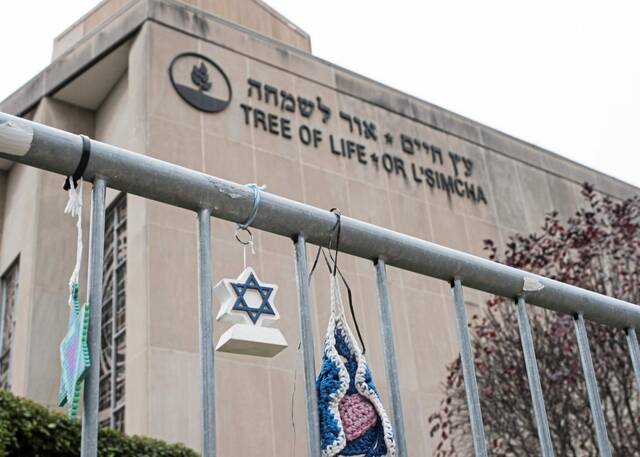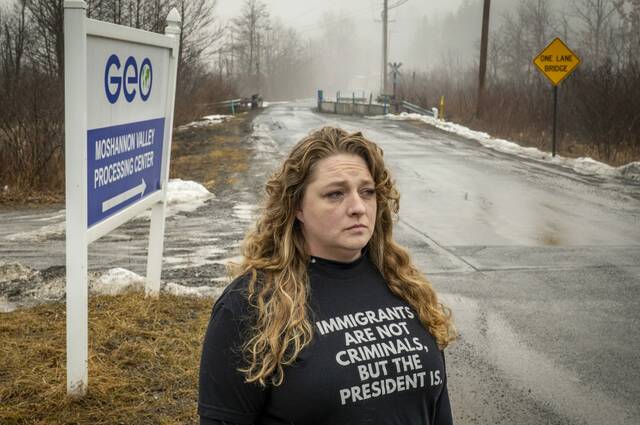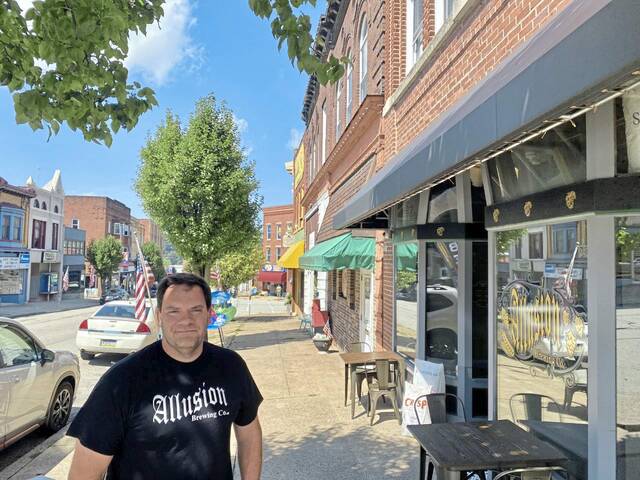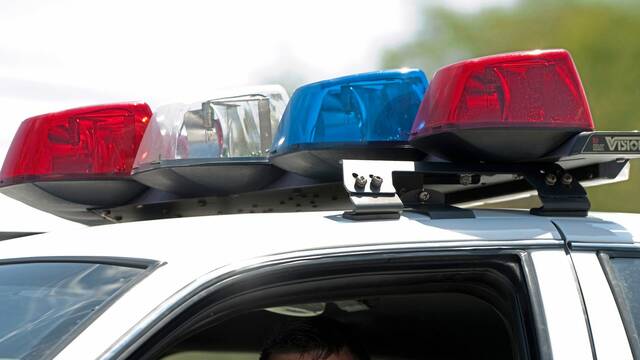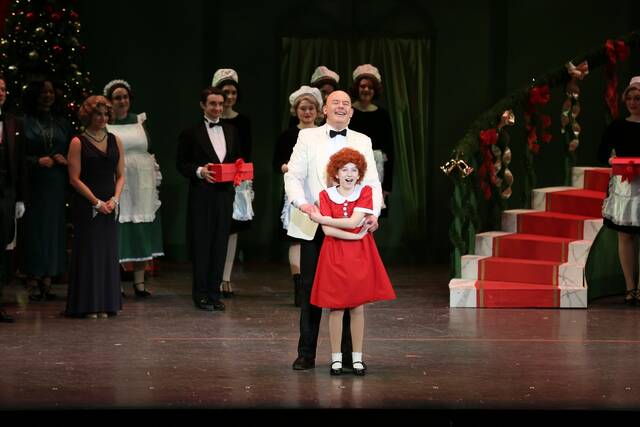Attorneys for the man accused of killing 11 people at the Tree of Life synagogue in Squirrel Hill nearly four years ago want permission to ask potential jurors about their religious affiliation.
In a motion filed this week in federal court, attorneys for Robert Bowers asked that either they or the clerk’s office be allowed to conduct a one-question survey of potential jurors to ensure that Catholics — and any other religious groups — are not being improperly excluded.
The motion argues that if Catholics are disproportionately excluded because of their stance against capital punishment, the jury hearing the case against Bowers would “inevitably produce a jury uncommonly willing to condemn a man to die,’ ” the defense stated.
The government, which the defense notes objects to the request, has until Sept. 19 to file its written response on the issue.
Bowers is accused in the Oct. 27, 2018, attack at the Tree of Life synagogue on Wilkins Avenue that housed congregations from Tree of Life-Or L’Simcha, Dor Hadash and New Light.
The U.S. Attorney’s Office is seeking the death penalty, despite pleas from some of the victims’ family members to allow Bowers to plead guilty in exchange for a sentence of life in prison. The Department of Justice rejected that offer.
No trial date has been set, but U.S. District Judge Robert J. Colville has indicated that trial will occur sometime next year.
In its motion, the defense quoted an expert and a 2014 Pew Research Study that showed one in three adults in the Pittsburgh metropolitan area is Catholic. However, the motion said, the court’s jury questionnaire fails to ask about religion in the same way race and ethnic data are collected.
The defense said it was concerned that if Catholics were not fairly represented in the jury pool to begin with, Bowers’ jury would be unrepresentative of the community and be more likely to vote for death.
“Mr. Bowers, therefore, has a compelling need to identify the religious affiliation of prospective jurors,” the defense wrote.
They are requesting that the court order the clerk’s office to conduct a one-question survey of potential jurors to determine religious affiliation — or allow the defense to do it.
The Jury Selection and Services Act of 1968 says, “No citizen shall be excluded from service as a grand or petit juror in the district courts of the United States on account of race, color, religion, sex, national origin or economic status.”
The defense argues that Bowers needs to know religious affiliation to ensure the jury pool meets the act’s requirements and to determine whether challenges to individuals being questioned for jury service are being improperly made based on religion.
They suggest the survey question would need to be sent to about 700 prospective jurors included in the court’s database to ensure a response rate sufficient to keep the sampling error to plus or minus 5%.
In a proposed jury survey attached to the motion, the defense suggests using the following question: “Please answer the question below. Your response is completely anonymous. No one will ever identify your answers with you individually, so please do not put your name or juror number on the form. What is your present religion, if any?”
Choices listed include Protestant, followed by several denominations; Roman Catholic; Mormon; Orthodox; Jewish; Muslim; Buddhist; Hindu; atheist; agnostic; something else; nothing in particular.


